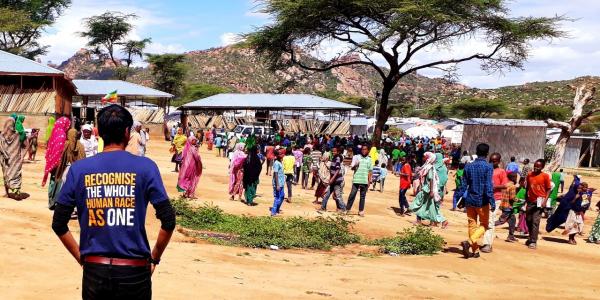
 Love and respect: Suman and Amrit's story
Love and respect: Suman and Amrit's story
Hear from Suman and Amrit, who since attending couple sessions held by the gender-based violence project, has taken positive steps within their marriage to a happier home.
October's featured volunteer
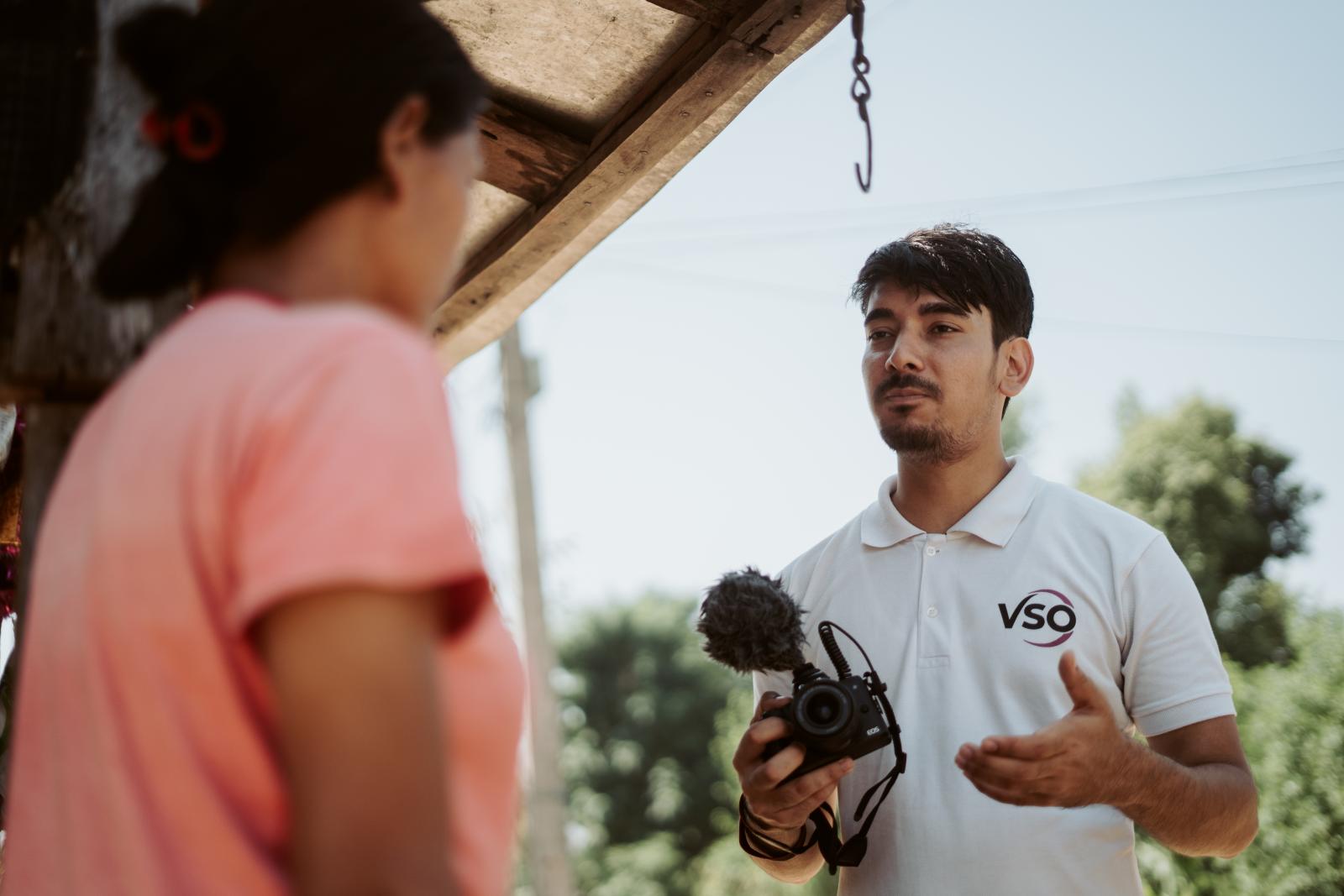
Namaste! My name is Raj Karki. I’m volunteering as a Diffusion Advisor on VSO’s Gender-Based Violence Prevention and Response project in Nepal. I’m looking forward to keeping you up to date with how we’re getting on and how your support is making a lasting difference to the lives of women and girls here.
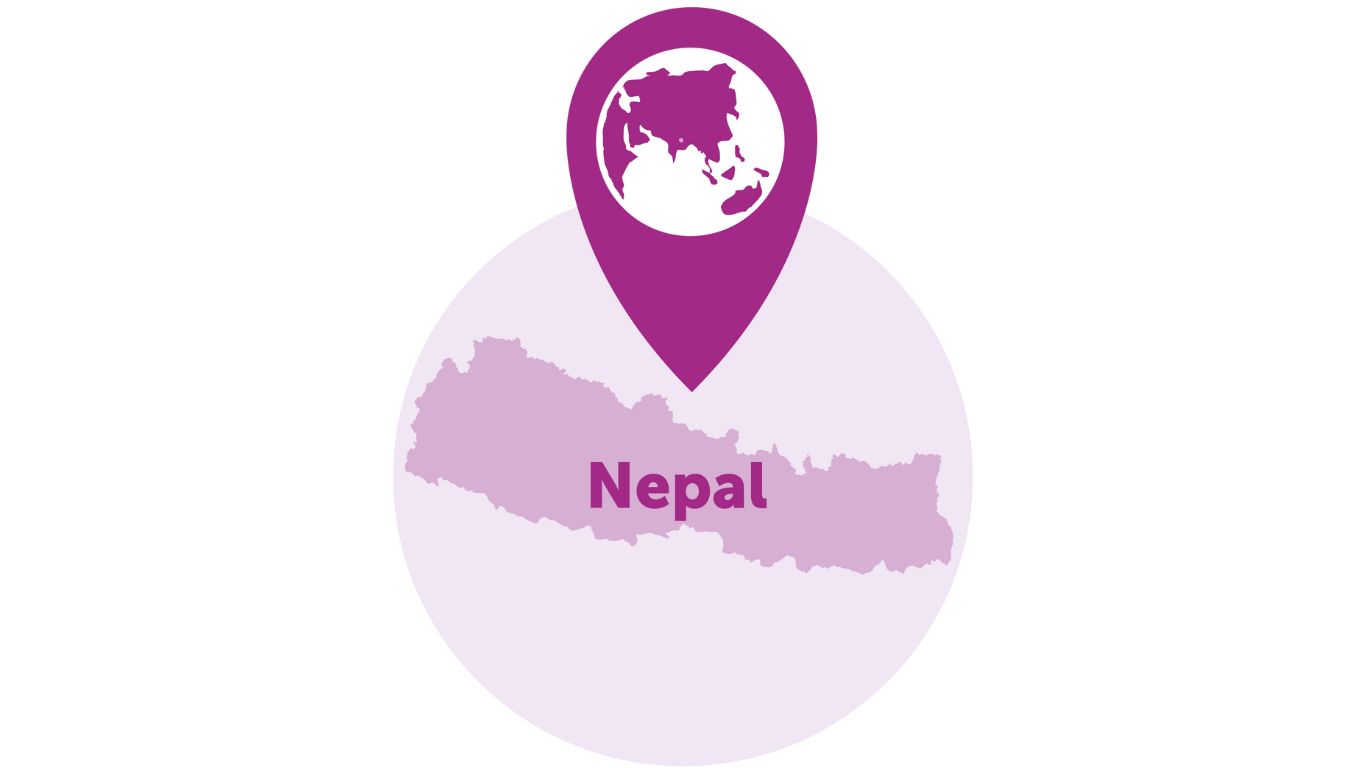
I’m delighted to be volunteering with VSO and to have the opportunity to share my experiences with you all. I’ve been in my role of Diffusion Advisor for just over a year, which has given me loads of opportunities to learn and grow, as well as use the knowledge I’ve gained over the years. Thank you for standing with me and helping to make a positive impact in my home country.
It is unacceptable that more than one in four women in Nepal experience gender-based violence in their lifetime. With your support, my colleagues and I are leading a range of prevention activities to stop violence against women and girls here. We’re doing this by running interactive sessions with couples, families, community groups and leaders to challenge social norms that value men and boys over women and girls. Working alongside other organisations, we’re part of an incredible movement to create long-lasting change.
October '23 volunteer update
Thank you for your continued support. In this update, I’ll tell you more about the work you’re supporting in schools and communities across Nepal to tackle violence and discrimination against women and girls. You’ll also hear from Suman and Amrit*, who share how VSO’s interventions have transformed their life together.
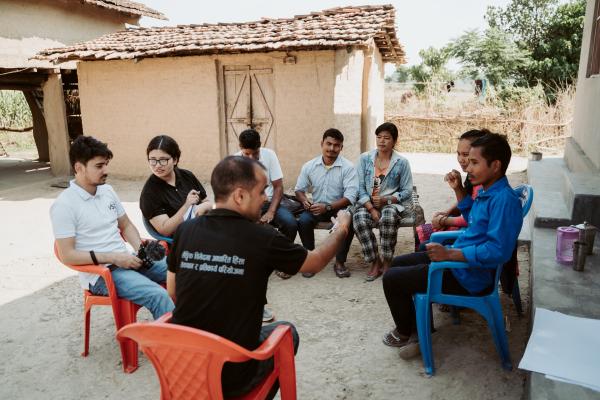
Project progress
The monsoon season has thankfully come to an end here in Nepal. Living in Kathmandu, I wasn’t too badly affected but the rural and hilly areas - where much of our project work is delivered - were badly hit by floods and landslides. The monsoon is also when many people in Nepal plant their rice crops for the year so it can be a particularly busy and challenging time for rural communities. Despite these obstacles, my VSO colleagues and I have continued to engage as many couples, families and communities as possible though our interactive sessions.
These sessions are vital to preventing violence and discrimination against women and girls here. We’re empowering people across the country to challenge harmful attitudes and speak up against violence towards women and girls.
We recently had our mid-term review which monitors how the project is progressing. I’m proud to say that the review went really well and showed what a positive difference we’re making. Following the review, we’ll be delivering extra sessions in order to provide more intensive support to communities across rural Nepal. I’m really pleased as this will make our work even more impactful.
Over the course of the project, we’re aiming to reach more than 50,000 couples, family members, students, leaders and community members. This will be such an achievement, helping change the lives of women and girls in Nepal for generations to come. I feel so proud to be part of this positive change, and I hope you do too.
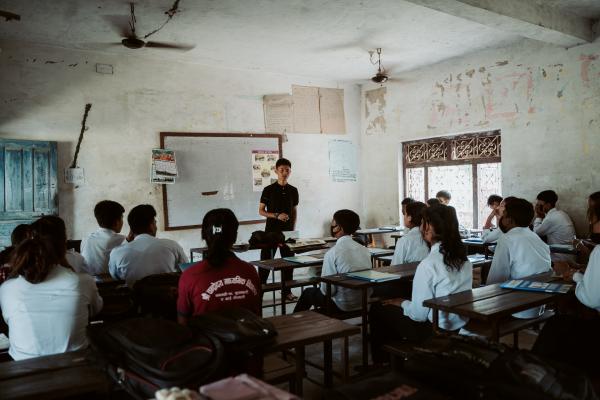
Creating change across communities
Alongside couples’ sessions, the project also tackles violence against women and girls by educating school students and by working with community organisations and local leaders.
Our work in schools involves running ‘Rupantaran’ sessions for students aged 14-19 years. Rupantaran is an education programme that empowers young people to prevent gender-based violence in their communities. The programme aims to equip students with the knowledge and tools to create a safer and more inclusive society, where everyone can thrive without fear of discrimination or violence.
My fellow VSO volunteers are currently working with teachers and peer facilitators to deliver the 16-week programme. During each session, we encourage students to discuss topics such as gender and social inclusion, child marriage, sexual and reproductive health rights, and domestic violence.
Through the programme, students gain a better understanding of these issues, their rights, where to go for help, and how to challenge and report instances of violence and discrimination. The programme has been supported by the Nepal government and is an important part of our work to prevent gender-based violence here.
We also work closely with community-based organisations to access and engage more people in the project. We deliver a 10-week interactive course with members of each community group, discussing topics like traditional gender norms, gender-based violence and its consequences, where to go for help, and how to take collective action. I recently spoke with Suman and her husband Amrit about how VSO’s community sessions helped transform their lives.
You can watch Suman and Amrit’s interview here...
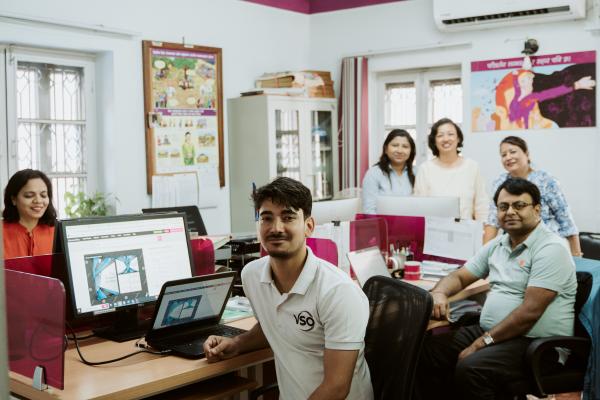
A great learning experience
One of the great things about my role is being able to learn from other VSO volunteers and the wider project team. Everyone in the VSO office is incredibly experienced, supportive and eager to help one another. I’ve learned so much during my time as a VSO volunteer - from teamwork to technical skills like data analysis and communications. This experience has really built my confidence and I feel like I've made a positive contribution to the world.
Outside of my VSO role, I’m also pleased to tell you that my practical exam for my Master of Psychology went well! Thank you to everyone who sent a message of support, it meant a lot. Hopefully, once I’ve completed my master's and my role with VSO comes to an end, I’ll go on to do a PhD in Psychology or Sociology and continue to make a positive difference in the future.
If you’d like to send another message, or if you have any questions for me, remember you can get in touch using the 'Ask me a question' button below!
Thank you!
I hope you are as inspired as I am by Suman and Amrit’s experience. Theirs is just one of thousands of stories of change you are helping to make possible.
I would like to end by saying another thank you for supporting VSO volunteers like me. Your belief in our work is helping us make a lasting difference in our society. Knowing that you’re with us in the fight against gender-based violence continues to motivate us to keep working for a fairer world for women and girls in Nepal. We really couldn’t do it without your support so thank you for standing with us.
Best wishes,
Raj
P.S. Remember, you can ask a question or leave me a message below. I’d really love to hear from you!
*Pseudonyms used to protect identities
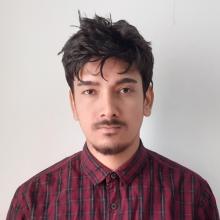
Want to ask a question?
VSO’s Sponsor a Volunteer team will share your message with the VSO volunteer and get back to you with a response. Your email address will not be used, disclosed or transferred to any VSO personnel, it will be stored securely in accordance with VSOs privacy policy. A sample of messages including display names will be published to the Sponsor a Volunteer homepage each month.
Your latest questions answered

Thank you for reading through the posts and supporting VSO.
I am so glad that you will continue your support to VSO in the future too.
Good luck with your travel to USA and connecting with your children and grandchildren.
Raj.

Thank you for reading the post and supporting the VSO as always.
Raj

I hope you are doing well. Thank you for supporting VSO in it’s mission to reach out to marginalized and disadvantaged communities throughout the world. Your small contribution is definitely making great change in the life of people.
Thank you,
Raj
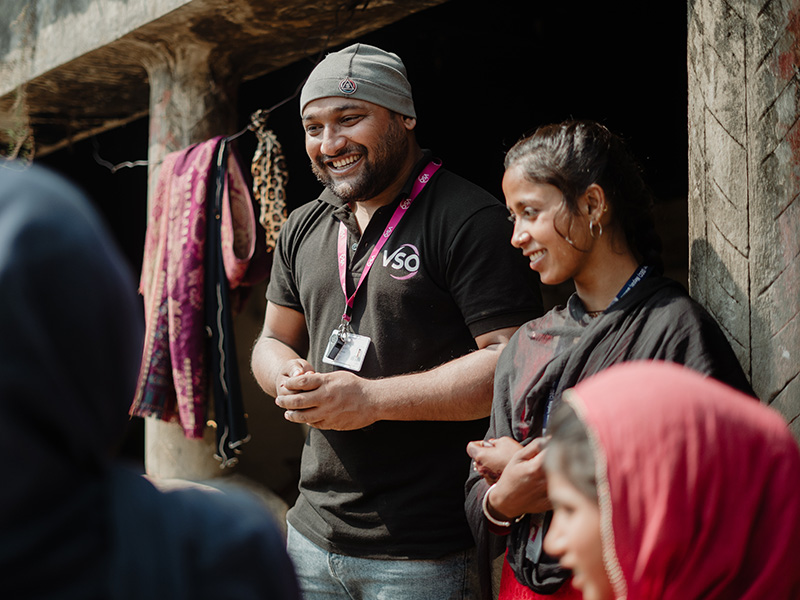
Did you know?
We bring about lasting change not by sending aid, but by working through volunteers to empower communities in some of the world’s poorest regions. You can read more about VSO’s areas of work and discover more about our projects here.

More news from VSO
Meet the volunteer providing psychosocial support to those affected by conflict
Kamal Jaga, 40, from the UK, volunteered on the VSO Psychosocial Support Project in Ethiopia, a country ragged by internal conflict that created an estimated 2.2m internally displaced people. Read his story.

